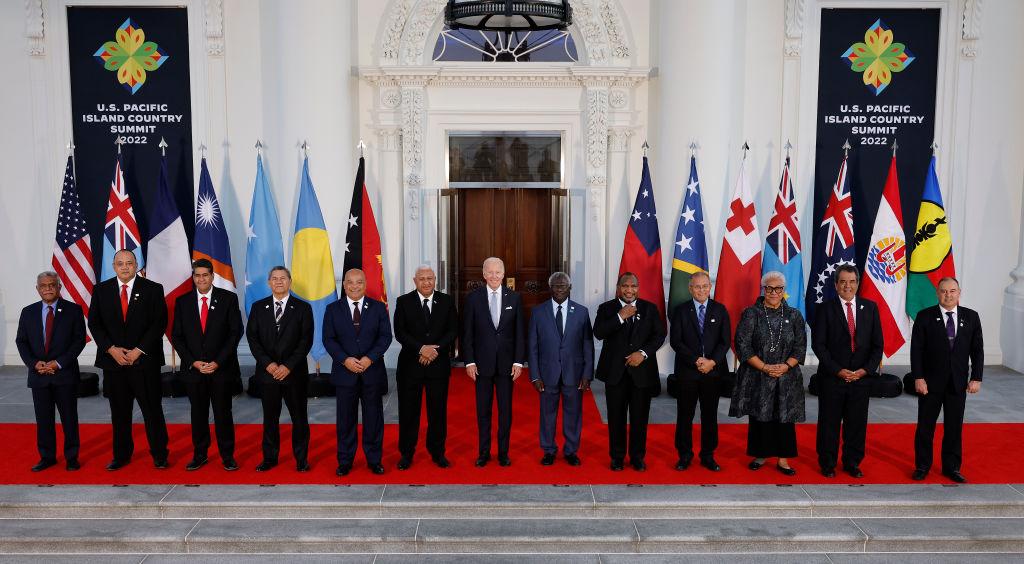Recognition of the U.S.’s absence in the Pacific region was one of the reasons why the U.S.-Pacific Summit succeeded, Cook Islands Prime Minister Mark Brown has said.
This follows the endorsement of the joint partnership declaration by 14 Pacific Island states that would see the U.S. increase its diplomatic presence in the pacific region as a counter to Beijing’s growing influence.





